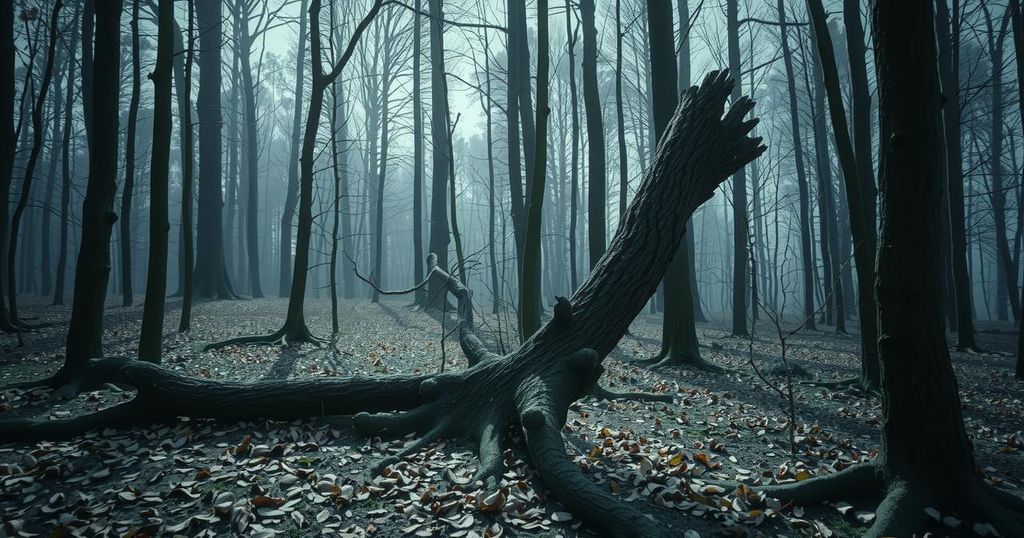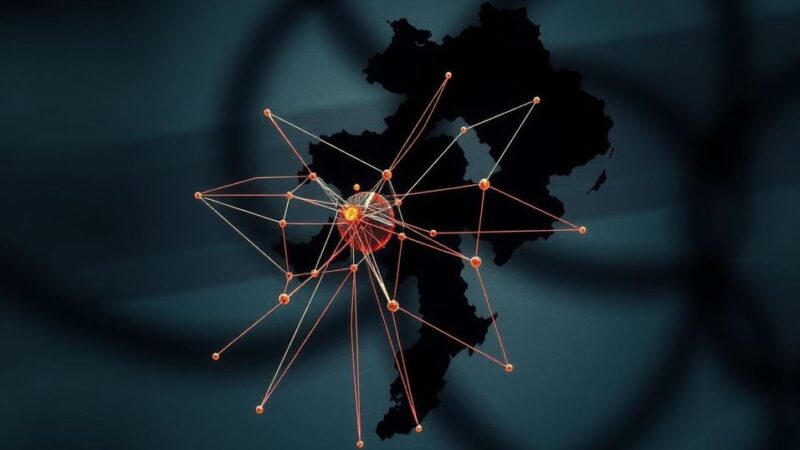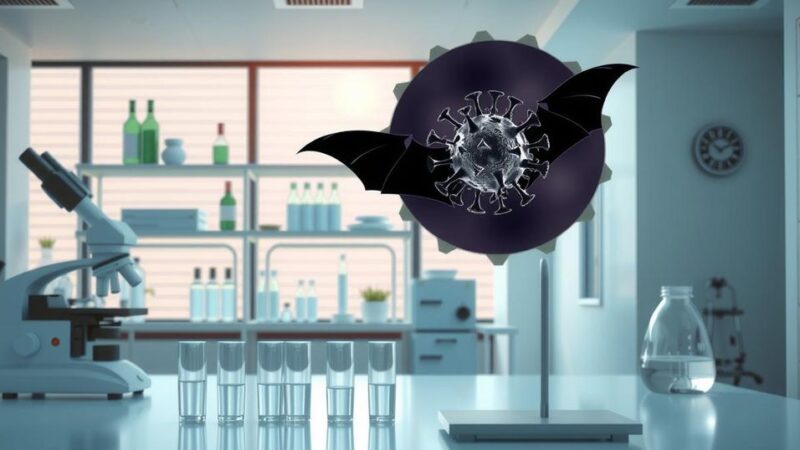Seventy civilians were massacred in a Protestant church near Lubero, DRC, attributed to the Islamist ADF. The region is embroiled in conflict with multiple armed groups fighting for control, prompting a humanitarian crisis as hundreds of thousands are displaced and face severe shortages of food and medical aid. The Catholic Church continues to provide spiritual support despite the violence. The UN has called for Rwanda to withdraw troops supporting rebel groups, highlighting the urgent need for peace and stability.
Violence continues to escalate in eastern Democratic Republic of Congo (DRC), with reports confirming the massacre of seventy civilians within a Protestant church near Lubero, North Kivu. This atrocity has been linked to the Islamist group Allied Democratic Forces (ADF), as verified by Catholic charity Aid to the Church in Need (ACN) and the Fides news agency. The ADF, which has been active in the region for over a decade, is known for employing extreme violence to exert control.
Survivors of the massacre reported insidious details indicating that victims, including women, children, and the elderly, were taken hostage, bound, and in many cases, executed. Beheadings, a signature tactic of the ADF, were also evidenced, with many victims perishing during forced marches. The situation highlights the grim reality for captives under the control of this terrorist group.
This event highlights a broader crisis in eastern DRC, where numerous armed factions, such as the Rwanda-backed M23 rebels, are engaged in conflict for regional dominance over mineral resources. Local sources from ACN indicate a rapid advancement by the M23 rebellion, with concerns that the city of Butembo may soon be lost, similar to Goma and Bukavu.
The ongoing conflict has resulted in the displacement of hundreds of thousands, prompting refugees to undertake perilous journeys, often resorting to makeshift boats to cross the Rusizi River into Burundi. The United Nations Refugee Agency (UNHCR) has described the humanitarian situation as “rapidly deteriorating,” leaving many displaced individuals lacking essential food, shelter, and medical care, including unaccompanied children arriving at refugee camps.
In the midst of this violence, Catholic communities in the DRC remain resilient, consistently conducting Mass, ordaining deacons, and participating in peacebuilding initiatives. Bishop Melchisedec Sikuli Paluku of Butembo-Beni conveyed to Vatican News that despite pervasive fear, the faith of the people sustains their hope. An ACN source emphasized the critical role of prayer: “Prayer is what keeps our hope alive amidst this situation we are living through.”
As tensions heighten, the United Nations Security Council has urged Rwanda to withdraw its support for the M23 rebels and its troops from Congolese territory without preconditions. It also calls for the Congolese army to sever its ties with the Hutu-led Democratic Forces for the Liberation of Rwanda (FDLR), who have connections to the 1994 Rwandan genocide. Despite increasing diplomatic pressure, the civilians in eastern Congo endure a relentless cycle of violence, displacement, and trauma.
The tragedy in the Democratic Republic of Congo underscores the severe humanitarian crisis resulting from ongoing violence perpetuated by armed groups like the ADF and M23 rebels. Efforts to restore peace and support displaced populations are crucial, as the suffering endured by the people continues to escalate. Advocacy for international intervention and the need for humanitarian aid remain paramount amidst this crisis.
Original Source: aleteia.org






